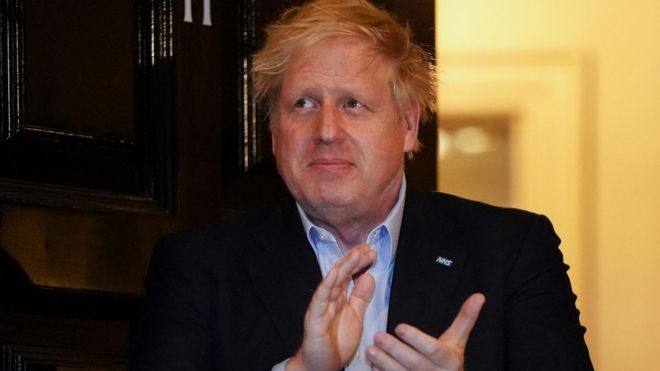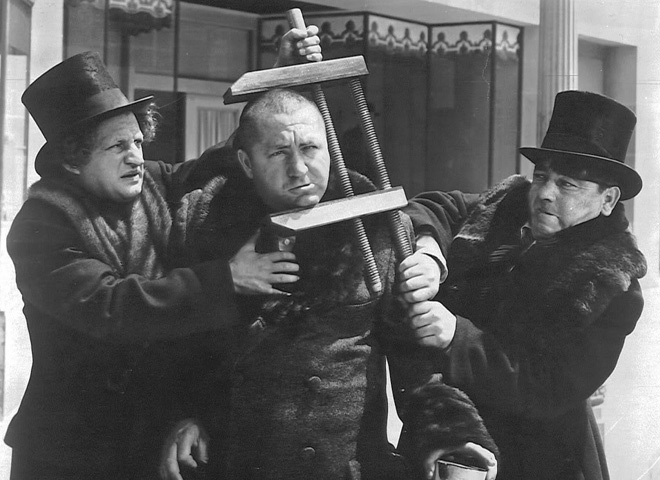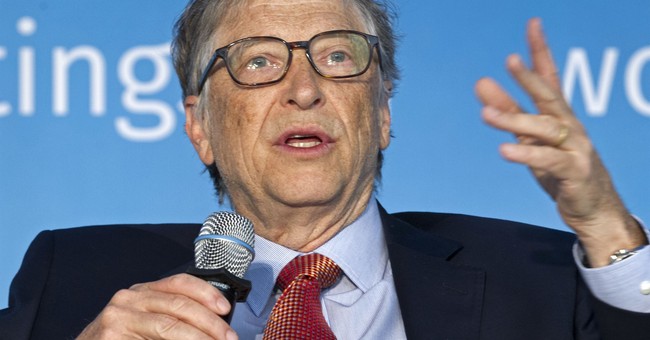Article by Douglas Flint in "The American Thinker":
Count
me as one of a diminishing number of "coronavirus response" skeptics.
My vantage point is that of a working-class person (service manager in
an auto repair shop). My state of Virginia has joined the growing
number of states that has ordered its citizens to remain in their homes
except for essential reasons, and a shutdown of non-essential businesses
until at least June 10th.
The
good news for me is that auto repair is classed as an essential service
and I have enough diverse skills to make me the kind of employee who
will be the last
to be laid off. The bad news is that inevitably, I will be laid off.
Shop revenues for the month of March were down between 25 and 50%,
depending on which metric was being used, which means my pay was down by
a nearly equal percentage. So far, in the first few days of April,
revenues are down 75-90% companywide.
I
work for good people. It’s a family-owned business with 10 shops. I
know they don't have the cash reserves to keep paying staff through
this, and even if they did, they would be foolish to do so since there
is no date certain of a return to normalcy.
At
some point very soon, they will have to shift from keeping enough
employees to recover quickly when the crisis ends, to preserving
whatever assets they have for the survival of the family. When that
happens and I am laid off, as millions of working-class Americans
already have been, I have a problem beyond no job and no income. Try no
health insurance. Because I, as most working Americans, get my health
insurance through work.
Approximately
$1,500 a month comes out of my pay to cover health insurance for me, my
wife, and my son. It is the top-tier health insurance plan available,
but the basic plan would only have been a few hundred dollars cheaper.
The policies of my government have not only encouraged me to get my
insurance through my employer -- they have made it nearly impossible to
get it any other way. The government has also ordered the draconian
actions that have shut the economy down and thus the potential loss of
my insurance, at a time when we are theoretically heading into a
healthcare mega disaster.
If
I were an ambitious leftist trying one more time to get socialized
health care across the goal line I couldn't plan it any better:
intentionally throw tens of millions of Americans out of work and
deprive them of their health insurance.
But
what about COBRA? (That's the law that allows you to keep your
employer-sponsored health insurance when you lose your job.) Duh! You
still have to pay for it. With no income. The $1,200 of promised money
I am supposed to someday get from the government is not enough to cover
1 month of my premiums. Unemployment insurance? Medicaid? When
people’s backs are to the wall and they have no choice and no other way,
they will accept socialism.
I
fear Donald Trump has taken the bait and he knows this. He is trapped
in a car barreling down the highway toward economic disaster and a great
depression, and he knows it. He is desperately looking for an off ramp
but unfortunately he has turned the accelerator and the wheel over to
the "experts.”
The
“experts” are people of genuine theoretical scientific knowledge but no
real-world experience and no capability of risk assessment beyond the
specific risks in their chosen field. They are focused on the virus and
only the virus, because it is not their job to worry about anything but
the virus. They could, without blinking an eye, recommend a six-month
in-home lockdown. You could scream, "But people will starve by the
millions!” That is not their concern. If they starve to death in their
homes, they did not die of coronavirus and thus the “experts” have done
their jobs. It doesn't help that almost all of them are government
employees for life guaranteed to receive full pay and benefits until the
end of the known universe. They are not capable of grasping the
concept that no work equals no pay, no insurance, no food, and finally
nowhere to live.
But
there’s another bunch of people in that car. Malevolent people within
the government, federal and state, who would love nothing more than to
slam the car into the wall, destroy the economy, the lives of millions
of people, and destroy America’s preeminence in the world, and the Trump
presidency, in order to give themselves the ultimate power, the power
of life or death over each citizen. They will fight furiously when and
if the president tries to take back control of the car.
At
some point very soon, Trump will have to accept the fact that the ones
he has turned the car over to are not going to stop, slow down, or
turn. There is no incentive or reason for them to do so. So far, Trump
has confined himself to tossing money out the windows of the speeding
car hoping somehow this will soften the blow. It won’t and it can’t.
Insane
ideas are being hatched (in a Harvard faculty lounge?) such as loaning
businesses money to pay employees when there’s no productive work to do
or revenues to collect, with a fingers-crossed promise that the loans
will be “forgiven” if certain criteria are met. But we know our
government bureaucrats all too well. Contributed to DNC? Loan
forgiven. Contributed to RNC? Sorry, you needed to spend 80% of that
loan on payroll, but records show you only spent 79.97% on payroll.
Payback in full plus penalty interest. Don’t have it? Sell the
business to my friend or family or give Uncle Sam a controlling stake.
No,
the smart play, the only play for any businessman is to lay off your
employees. No telling how long this will go on, so why burden yourself
with an insane relationship with the federal government? Your employees
will probably be better off drawing full unemployment and you’ll
probably be able to pick them up at a considerable discount when and if
the crisis starts to ease.
And
the longer this goes on, the harder the recovery will be. Inflation
will be a major factor if money is continuously tossed out of the car.
States will have to raise the unemployment premiums on the few surviving
businesses in order to cover their enormous outlays. People will not
want to, or be able to, go back to life as usual or spending as usual.
After all, what has happened once can happen again. Better to hunker
down, don’t buy that new car, don’t upgrade that house, don’t spend that
$150 on a dinner out or a rock concert. Become more like our
depression-era grandparents.
The
sad and scary part is that the safe political bet for Trump is to let
the “experts” slam the car into the wall, destroy the country and the
lives of millions, and rule as a new-era FDR, with the country in
permanent depression, the capital hidden in walls, under rocks, or in
treasury notes until better times.
The
right thing to do, even if it costs him the presidency, is to kick the
crazy “expert” driver out of the car and grab the wheel and steer for
the off ramp. It may already be too late. But it’s the only chance to
save the country.
And
yes, those he kicks out of the car or subdues will all become his open
enemies now with twice the power because of the trust he gave them in
the first place, and because of the media’s readiness to embrace them as
they trash the president daily on all the networks.
No
death in the United States will be recorded as anything but a
coronavirus death. Armed suspect shot in bank? Hey, test him. He had
coronavirus! 103-year-old granny with stage 4 pancreatic cancer? Whoa,
she died of coronavirus. Boeing 737 goes down with all hands? Well,
we can’t prove it, but the maintenance chief did test positive for the
virus.
It
will be a really tough news cycle for the next 7 months or the next 55
months if Donald Trump wins re-election. But it was always going to be
thus.












